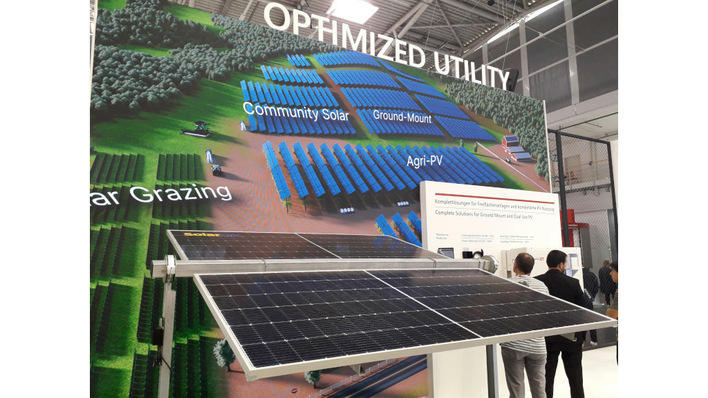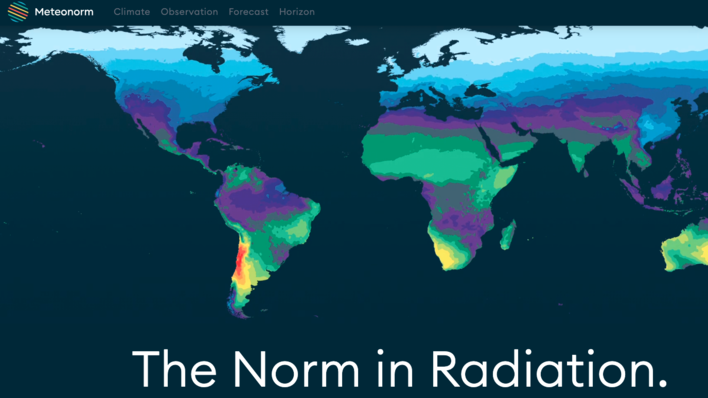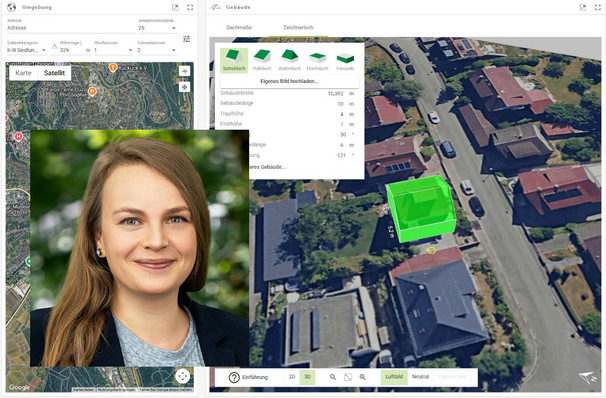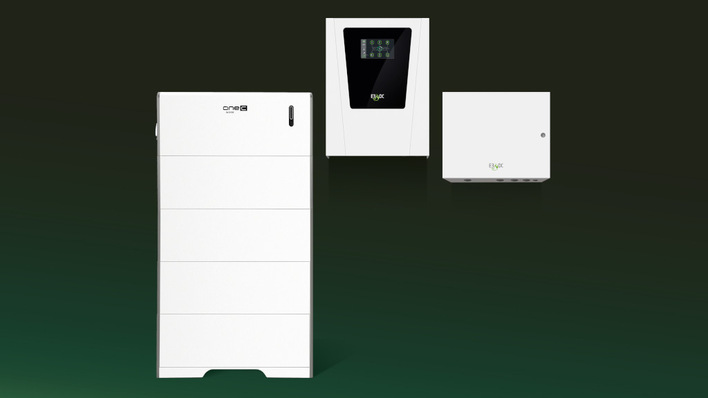One focus here is on the altered feed-in behavior of PV systems due to rising self- consumption and the use of battery-storage systems. TransnetBW uses the data to prepare region-specific projections and forecasts for solar power, to market renewable energy, to reduce the normal energy demand and to improve bottleneck management. “The energy transition continues to advance swiftly,” said Jochen Bornemann, Executive Vice President Digital Center at SMA.
Precise projections for a better PV grid integration
“Instead of a small number of central large-scale PV power plants, increasing numbers of decentralized, renewable energy sources are feeding power to the utility grids. In addition, many system operators are using part of their self-generated power directly and are utilizing battery-storage systems. That is a very pleasing development, but poses challenges for the grid operators. Precise projections and forecasts regarding grid feed-in and consumption are therefore becoming increasingly important for reliable, efficient and cost-effective grid operation.
Did you miss that? Weather and yield forecasts support smart power grids
The professionally prepared data from SMA Data Services represents an ideal solution here. In Germany alone, more than 180,000 PV systems of all sizes send data from low and medium voltage to our Sunny Portal online monitoring portal via SMA inverters. On that basis, we can provide comprehensive, current PV system and grid status data throughout Germany.”
Better determine self-consumption
“Today, self-consumption already means that – viewed over the course of the year – approximately 10 percent of the power generated is no longer arriving in the utility grid,” explained Dr. Philipp Guthke, expert in special prognosis and optimization tasks at TransnetBW. “At times, the grid feed-in in the control area of TransnetBW alone is around 500 MW below the generation power as a result. The online data provided by SMA helps us be better and more quickly able to determine the power currently being generated by PV systems for one thing, and the reduced amount of solar power fed into the grid due to self-consumption for another.”
Data from 700,000 PV and storage systems worldwide
With more than two million connected devices and around 700,000 registered PV and storage systems with a cumulative power of approximately 20 GW, the Sunny Portal from SMA is the world’s largest PV monitoring portal. SMA gathers, analyzes and archives the data supplied by the systems and prepares it within the framework of SMA Energy Data Services for a variety of applications and projects in the energy industry. The data, which includes grid status data as well as data on PV power generation, grid feed-in and self-consumption, is updated at five-minute intervals.
Highest data protection standards
In the TransnetBW control zone in Baden-Württemberg alone, there are around 20,000 PV systems with SMA inverters. Of course, SMA always takes care to protect its customers when supplying data. For example, aggregating current measurement data based on postal codes is an effective means of preventing the identification of individual systems. The highest security and data protection standards are applied to the provision of data. The data is aggregated in compliance with the GDPR for each specific project in order to rule out the identification of individual systems. (hcn)
Read more: Patented technology for increasing self-consumption in microgrids








